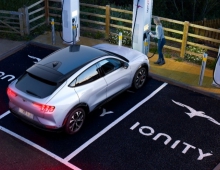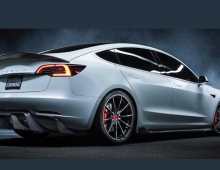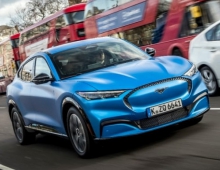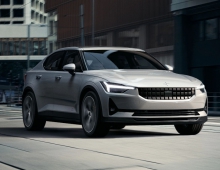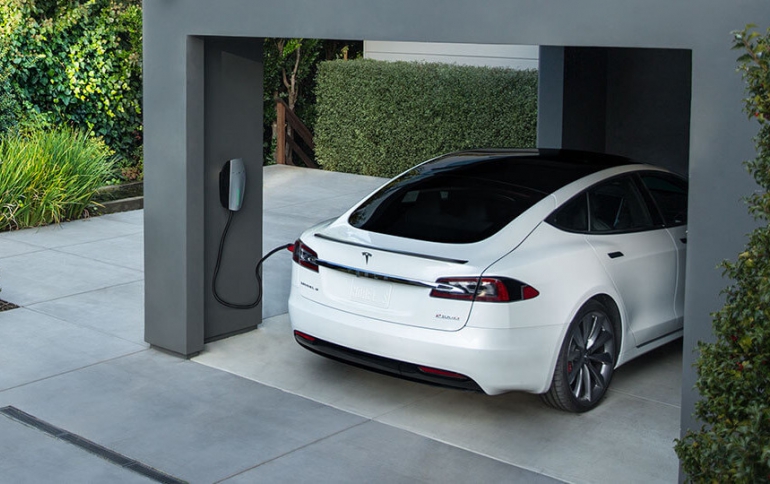
Tesla Car Fire Incident Brings Concerns About Safety of Electric-Car Batteries
Recent incidents involving Tesla and NIO cars in China are prompting the electric vehicle industry to take steps to alleviate concerns from potential customers.
Reports recently emerged of a fire involving a Tesla in a Hong Kong parking lot. Weeks earlier, a video on Chinese social media platforms showed a Tesla bursting into flames in a Shanghai garage. Separately, NIO said last month that one of its ES8 vehicles caught fire in the northwestern city of Xi’an while being repaired.
In response to the latest incident, Tesla is rolling out an over-the-air software update for two of its vehicles, including the flagship Model S, to improve safety and battery life as it continues investigating the cause of the Hong Kong fire. The action will revise charge and thermal-management settings “out of an abundance of caution,” the company said in a statement, which added that its models are 10 times less likely to experience a blaze than cars that run on combustion engines. Early findings on the incident in Hong Kong showed only a few battery modules -- clusters of smaller cells -- were affected, and that the majority of the car’s battery pack was undamaged, Tesla said.
Panasonic, which makes Tesla's batteries, didn’t specifically address the fires.
The risk of a fire or explosion in EVs is loewr than for gas or diesel-fueled models, but safety risks may increase as manufacturers work to boost performance and push battery cells closer to their limits.
In addition, the demand for lithium-ion batteries is expected to be higher in the near future, adding challenges of quality control, boosting performance and expanding capacity. The biggest challenge for all EV makers is to ensure quality and consistency runs right through the supply chain -- from raw material selection to chemicals to battery cell -- and into the pack and vehicle.
Solid-state batteries, in particular, are commercially promising as they would offer an upgrade from existing lithium-ion packs in terms of safety and driving range. Toyota Motor seen as leading the field. Some trial production of solid-state batteries is planned to begin in the early 2020s.


